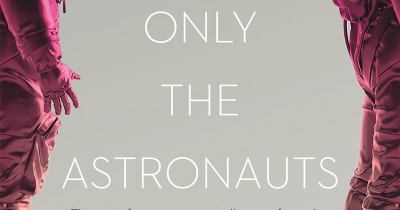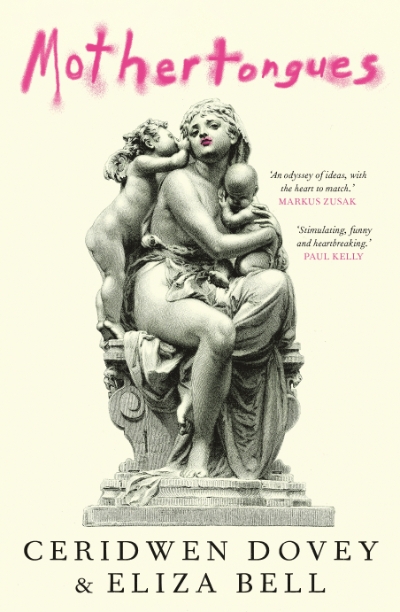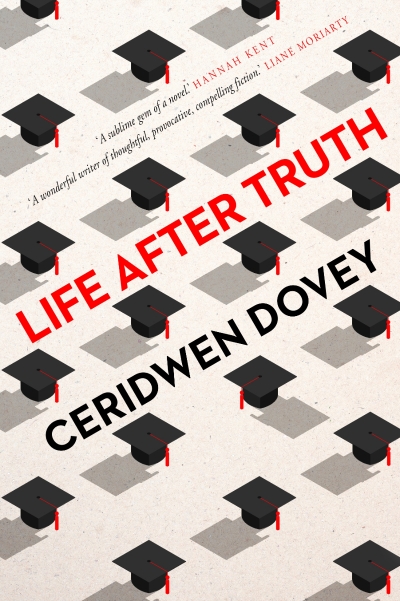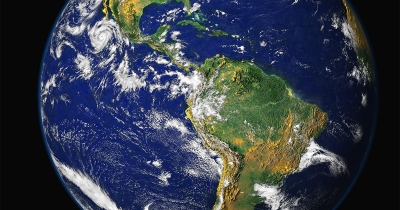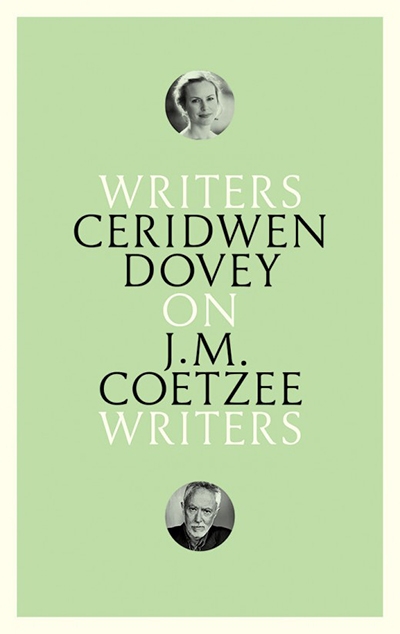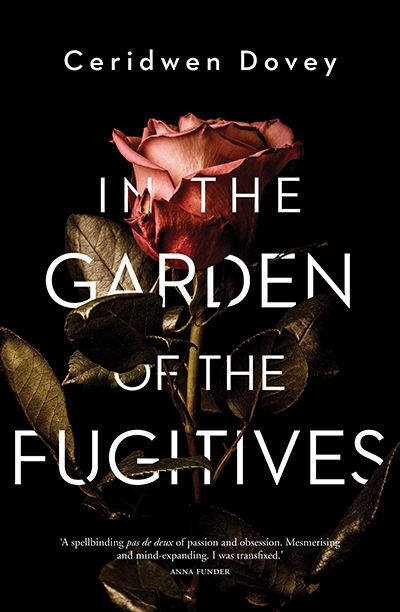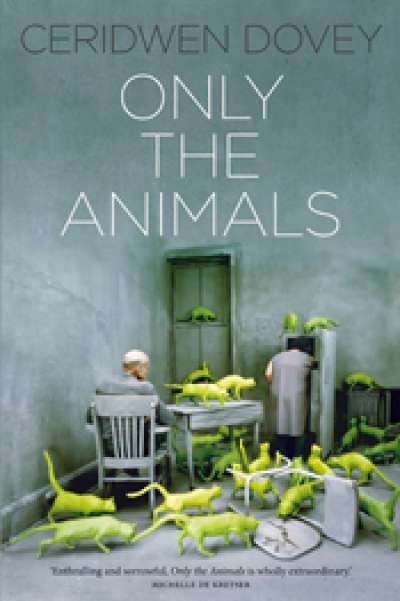Ceridwen Dovey
During much of my childhood, my mother was bravely and passionately insisting on teaching postcolonial African literature to (mostly) white university students in apartheid South Africa. I was probably way too young to fully understand it, but Zimbabwean writer Tsitsi Dangarembga’s 1988 début novel, Nervous Conditions, was one of the books my mother was teaching, and it had a huge impact on me.
... (read more)‘We’ll be going this earth’: an environmental survey
by Lynette Russell, et al. •
To complement the reviews and commentaries in our Environment issue, we invited a number of writers and scholars to nominate a book that will give readers a better appreciation of the environment.
... (read more)Writers on Writers: Ceridwen Dovey on J.M. Coetzee by by Ceridwen Dovey
by Felicity Plunkett •

